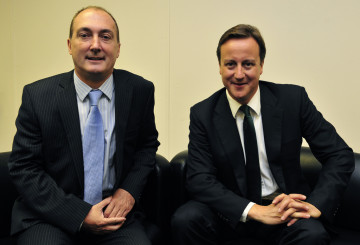 Turkey has been fast becoming a place where anything can get banned from the internet for the lamest excuses.
Turkey has been fast becoming a place where anything can get banned from the internet for the lamest excuses.
You can be banned for insulting the dead hero Atatürk, you can be blocked for revealing tapes proving government corruption and not it seems you can be censored for playing Minecraft.
A Turkish ministry claims that the game is “too violent” after a report from Turkey’s Family and Social Policies Ministry.
The decision whether or not to band Minecraft is currently in the hands of the Turkish courts as the ministry has submitted their report of the game being too violent to the legal affairs department, as well as instructions for the legal process to begin the ban.
A portion of the report was said to say: “Although the game can be seen as encouraging creativity in children by letting them build houses, farmlands and bridges, mobs [hostile creatures] must be killed in order to protect these structures. In short, the game is based on violence.”
It seems that the Ministry is little concerned that kids might grow up confusing the game world and reality, possibly even “going as far as torturing animals without knowing what kind of pain they’re causing the creature”.
We guess that like other countries concerned about game violence, Turkey is a peaceful place which does not have any violence at all. Any that happens of course is not born out of a frustration with a corrupt, increasingly autocratic government, but Angry Birds or Tetris which were never banned.











